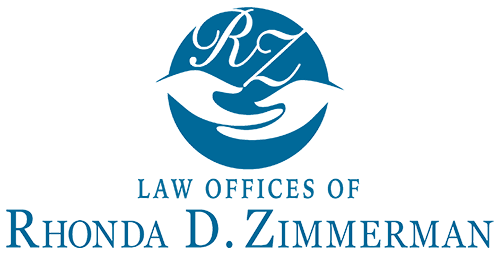Inheriting property or assets can be a bittersweet experience. While it is a tangible reminder of a loved one, the financial and tax implications can be overwhelming. With this in mind, it is crucial to be aware of the possible taxes you might face when inheriting assets. Here, Rhonda D. Zimmerman, Esq., a leading Fort Lauderdale Estate Planning Lawyer, delves into the world of inheritance taxes.
What Are Inheritance Taxes?
Inheritance taxes are levies imposed on the value of assets that you inherit from someone else. The specifics can vary greatly depending on where you live, and not all states impose an inheritance tax.
Federal Estate Tax
Firstly, it’s important to distinguish between estate taxes and inheritance taxes. The federal government imposes an estate tax on the estate itself before the assets are distributed to heirs. In 2022, for instance, only estates worth more than $11.7 million were subject to the federal estate tax. However, this threshold might change in the future, so it’s always a good idea to check the latest numbers or consult with an expert like Rhonda D. Zimmerman.
State Inheritance Tax
While Florida doesn’t have a state estate or inheritance tax, it’s essential to be aware of these if you inherit from someone who lived in a state that does. Some states impose taxes on inheritances, meaning the beneficiaries pay based on what they receive. These rates can vary based on the relationship to the decedent. For instance, in certain states, a spouse might be exempt, while distant relatives or non-relatives might face a higher rate.
Income Tax on Inherited Assets
While you typically don’t have to report the inheritance as income, there can be related taxes. If you inherit assets like an IRA or a 401(k), any withdrawals you make can be subject to income tax.
Additionally, inherited property, such as real estate or stocks, may come with capital gains tax implications when you decide to sell. The property’s tax basis will typically be “stepped up” to the current market value upon the decedent’s death, which can be beneficial if you sell shortly after inheriting. However, any appreciation after the date of death might be subject to capital gains tax.
Gift Taxes
It’s also worth noting the relationship between gift taxes and inheritance. If someone gives you assets before they pass away, it might be considered a gift, and there are annual exclusions to consider. Anything beyond the exclusion amount might reduce the lifetime exemption from the federal estate tax. This is an area where planning can be essential, and a Fort Lauderdale inheritance attorney like Rhonda D. Zimmerman can provide guidance.
Why Consult a Fort Lauderdale Inheritance Attorney?
Navigating the maze of inheritance and related taxes can be daunting. Legal expertise ensures that you understand the potential tax obligations and plan effectively. Rhonda D. Zimmerman, Esq., specializes in wills and estate planning. With her in-depth knowledge of elder law, she offers invaluable guidance to beneficiaries and those planning their estates.
By hiring a seasoned Fort Lauderdale Estate Planning Lawyer, you not only gain clarity but can also find strategies to minimize the potential tax bite. Whether you’re drafting a will, planning your estate, or trying to understand the tax implications of an inheritance, Rhonda D. Zimmerman, Esq., is your trusted partner in these intricate matters.
Inheritance taxes can be complex, and the rules surrounding them change based on federal laws and individual state regulations. But with the right knowledge and assistance, you can navigate this challenging terrain more confidently.
If you find yourself faced with questions about inheritance, estate planning, or any related concerns, don’t hesitate to reach out. Secure the expertise of Rhonda D. Zimmerman, Esq., and ensure peace of mind for both you and your loved ones. Contact her law firm today for comprehensive guidance tailored to your needs.




